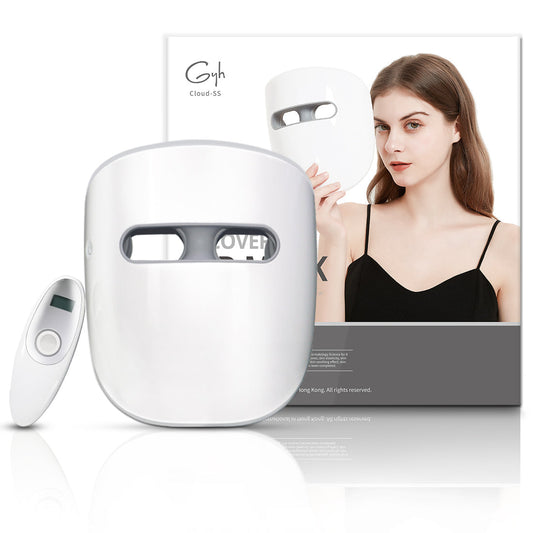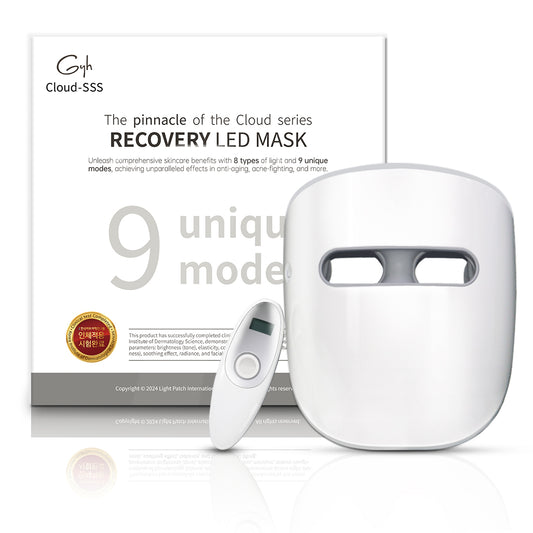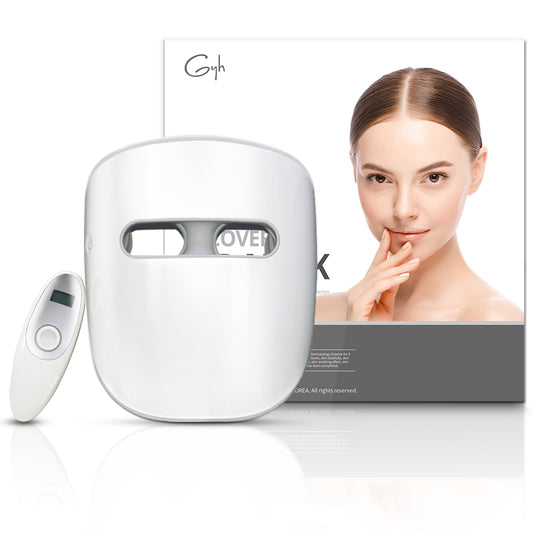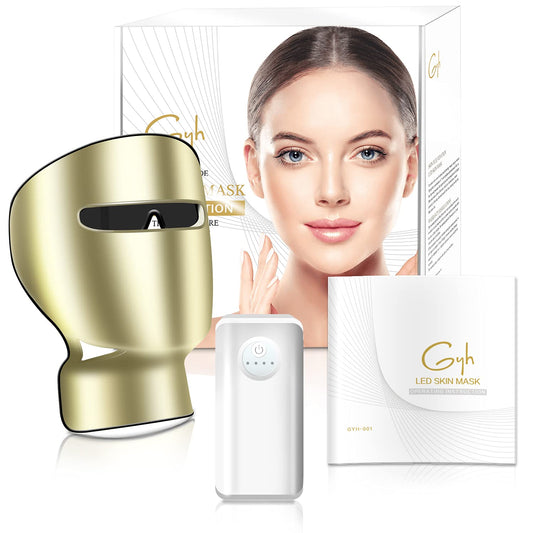
Do Face Masks Actually Work or Are They Just a Fad?
Share
A. "The more you apply the mask, the worse your face is?"
B. "Can you keep moisturizing and wrinkle-free by applying mask regularly?"
...
Face masks have emerged as a front runner in our obsession and quest to embrace self-care. Feel sad, stressed out or anxious? Nothing a good face mask can't fix. Right? But do you really know the secret behind it?
Cataleya will take you to find out today!
1.Skin structure
Let's start with some basic knowledge about skin structure.
Our skin has dermis and epidermis from the inside to the outside. The outermost layer of the epidermis is the stratum corneum. The basic structure of the stratum corneum is what we often call the "brick wall structure".The bricks represent dead keratinocytes. The mud in the middle is mainly composed of three components: cholesterol, ceramides and fatty acids.
On the outer layer of this brick wall structure, there is a layer that does not belong to the skin structure, but an important part --- the sebum film, which can be simply understood as a layer of oily emulsion film, where many microorganisms live, mainly including Bacteria, fungi, viruses, etc., they work together to maintain the stability of our skin microecology.
2. The effect of applying a mask
The normal time to apply the mask is 20 minutes. During this period, we have summarized the impact of the mask on the skin into the following 4 aspects:
1)The emulsifier in the mask will dissolve the sebum film of our skin and the lipids between the stratum corneum (the mortar in the brick wall structure), resulting in the destruction of the sebum film and the thinning of the stratum corneum.
2)The moisture of the mask will hydrate and swell the dead keratinocytes (the brick of the brick wall structure). If they are not sticky to each other, they will fall off, which will also cause the stratum corneum to become thinner.
3)Normally, the facial mask liquid (approx. 20-30ml) would apply to the face for about 20 minutes. During the time, the preservatives in those liquids constitute a massacre to the flora in the sebum film. It would destroy the microecology of the skin, causing inflammation, acne, and sensitive skin.
4) The facial mask is indeed a process of increasing skin permeability by covering it to form pressure, but this kind of penetration is indistinguishable. While those functional ingredients penetrate in, a large number of emulsifiers, flavours, and preservatives will also penetrate in, increasing the chance of allergies.
So my advice for masks:
Unless you have super healthy skin, try to use as little or no mask as possible. How many people's sensitive skin has become little by little from insensitive skin, you know. Saving money on face masks and investing in better cleansers, essences, and creams is what we should do wisely.
3. Under what circumstances can we apply a mask?
Please note that it is "can" and not "recommended"
1) For healthy and oily skin with thick layers, you can occasionally apply a mask to remove oil and exfoliate.
2) Some kinds of immediate effect. For example, for first aid after sun exposure, you can use a mask containing Centella Asiatica extract, oat kernel extract, bisabolol, tea extract and other anti-inflammatory and calming effects to promote penetration
3) In the case of wounds after cosmetic surgery (such as microneedling). If the barrier is severely damaged and the water retention capacity drops sharply, doctors will recommend medical cold compresses to moisturize and form a moist environment to accelerate wound healing.
But note that this is a real medical device mask, the general ingredients are extremely simple and the preservatives are strictly controlled.
But now many cosmetic companies have filed medical masks for marketing gimmicks, but the ingredients are complex, preservatives, emulsifiers, thickeners, flavors... It is a great allergy and infection hidden danger for the skin with wounds. Careful selection is required.
At last
Cataleya, who wears no more than 4 masks a month, also has something to say about the following 2 common masks:
Sleeping Mask
Sleeping masks often require a thick application and take 20-30 minutes to dry.
We believe that it will also lead to the dissolution of the sebum film, the thinning of the stratum corneum, and the penetration of high-sensitivity substances such as fragrances; it will also affect the stability of the flora on the skin surface!
Therefore, it is not recommended for the majority of beauties, especially those with sensitive skin.
Clean Mud Film
The cleansing mud mask is also one of the few products that are really effective for blackheads and closed mouth! Because of the addition of sea mud, kaolin, bentonite, bamboo charcoal and other ingredients in the mud film, it can absorb skin oil and have a certain cleaning effect on pores.
But the mud mask will also have a certain exfoliating effect, so it recommends no more once a week.
The vast majority of people are optimistic about face masks and consider them to be an essential artifact for daily skin care, hydration and moisturizing.
This article will subvert your views on face masks, but I believe it will also bring new thoughts and attempts!




